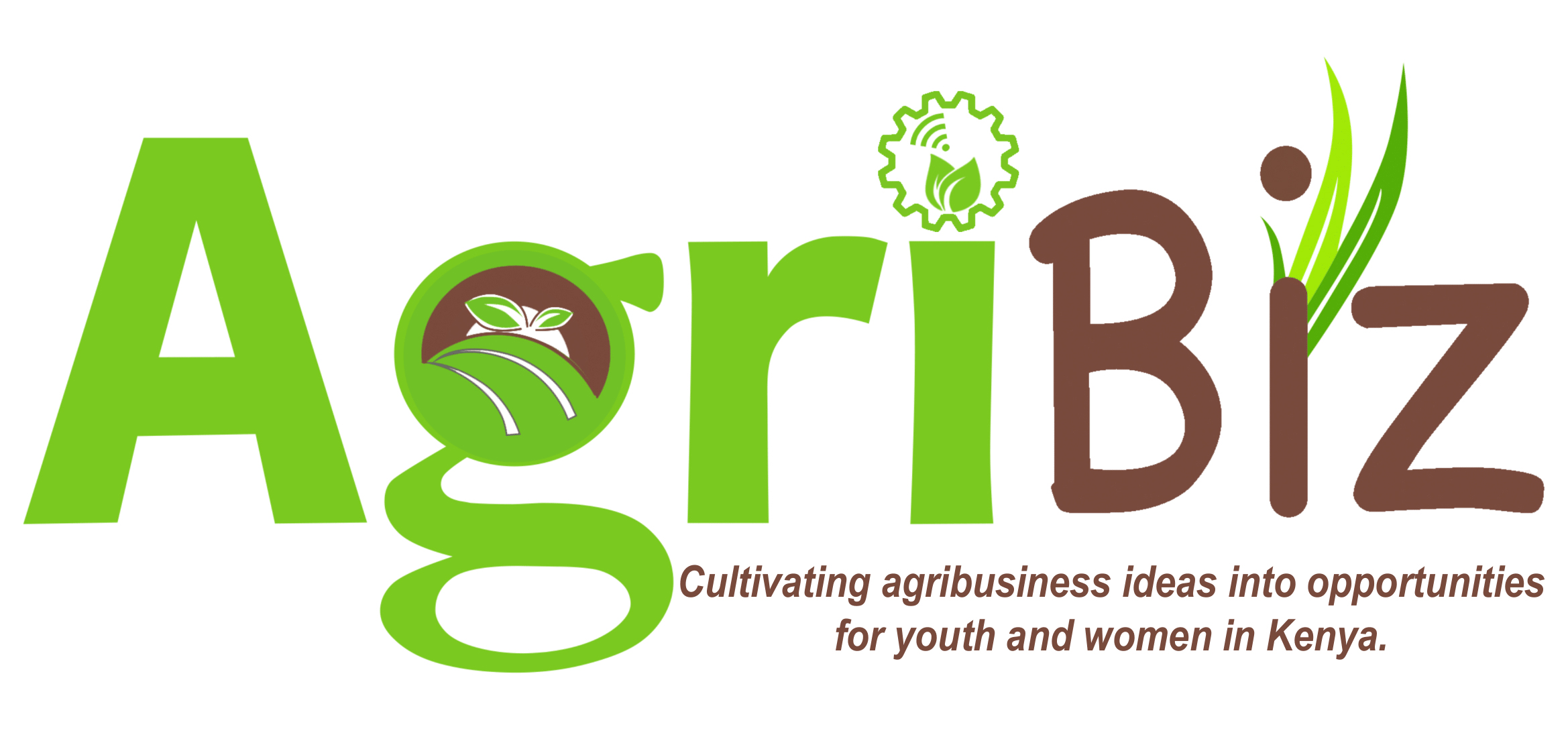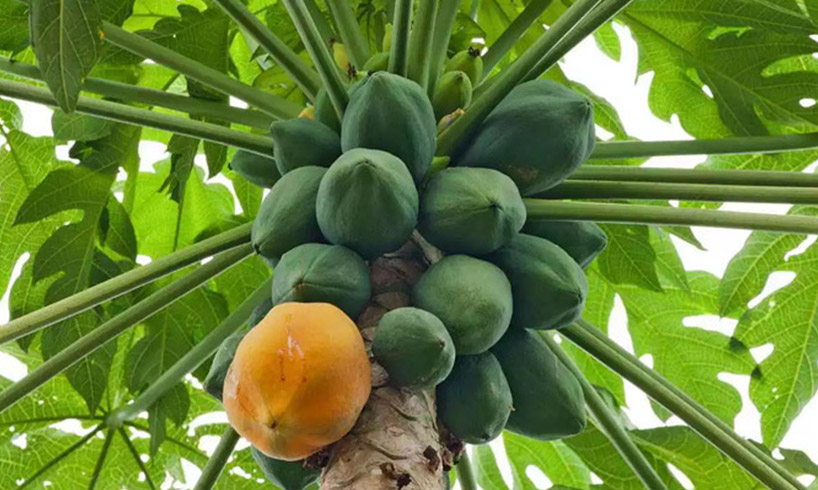For those not yet familiar with the “poor man’s banana” as it is also informally known, the pawpaw is an oblong-shaped fruit, light green in colour, averaging the size of a standard supermarket potato. The inside of the fruit is a creamy, custard texture, varying in colour from creamy-white to yellow-orange. Its taste is most commonly described as a cross between a mango and a banana.
According to research, the pawpaw fruit has a higher amount of protein than the banana, apple, or orange. It also has higher concentrations of most minerals and essential amino acids. Add antioxidants to the mix and you have some wondering if the pawpaw has the potential to become the world’s super fruit.
Most likely, that is not going to happen overnight. While it’s no secret that the pawpaw was popular with the older generation, the fruit has unfortunately followed powdered wigs and quill pens into relative cultural obscurity. Even as local and foraged foods have risen in popularity, the pawpaw has managed to keep a rather low profile.
Despite the fruit’s humble status, Kenya Papaya Products Limited has been in business selling pawpaw products for four years now. The owner Felix Asenja, who left his five-year IT business to venture into agro-processing, does not seem at all concerned that pawpaws are not more popular. He says that business has been growing steadily since he started the company in 2017.
“Pawpaw was an important fruit during colonial times and is now growing in popularity more owing to its taste and nutritional value,” Felix says. He acknowledges that the pawpaw faces challenges to being offered on grocery store shelves, and he is not convinced that the fruit will ever be available year-round. “In my years of production, I have never encountered any supermarket contracting suppliers for the pawpaw products. The pawpaws lend themselves to farmers’ markets to be eaten seasonally,” Felix adds.
The pawpaw season is only from around mid-August until mid-October. To extend the fruit’s availability, Kenya Papaya Ltd started processing and adding value to pawpaw. Under the product line, Deina, the company processes products that include; papaya jam, papaya leaf extract, papaya tea, and papaya seed oil.
The sun-ripened fruit is infused with immune-boosting Ganoderma mushroom extract – a superior herb that may be taken for a long duration without side effects – that enhances its benefits. The products, according to Felix, contain anti-fatigue, anti-tumor, anti-fungal anti-ageing effects when consumed for at least two weeks concurrently.
The pawpaw also contains papain which improves digestion and vitamin C & A which boosts immunity. “We hot-fill our jam in sterilized glass jars to maintain the integrity of the jam. The result is a healthy and nutritious jam. A low sugar jam with no artificial flavours and colour added,” Felix explains. The papaya tea is popular for its immune-boosting properties, supporting general wellness, calming nerves, achieving good sleep, acting as a natural pain reliever and inhibiting allergic action.
Located in Juja, the company has contracted farmers who they train on the best practices of farming pawpaw as well as offer them a ready market for their products. Felix says this has given pawpaw farmers in Kenya an opportunity to get profits for their products unlike in the past when they used to sell them to middlemen or directly to the local markets.
Outside of Nairobi, there are signs that pawpaws are being embraced as well. Kenya Papaya Products Ltd previously operated in Vihiga, Western Kenya, before moving to Nairobi. The entrepreneur says the uptake of the product has gained popularity in most parts of the country, especially among health-conscious individuals. Although Felix takes a modest approach when discussing the pawpaw’s potential, he seems optimistic that pawpaws and healthy living have a future together. “I would like to see this continue on its path of growth. It certainly seems like it will. “The last three years, things happened slowly but surely, this is an indication,” he adds.
It has not been a smooth road for the enterprise. The lack of operational finances has greatly limited their operations. Felix is however delighted because his enterprise was lucky to be among the beneficiaries of the Kenya Climate Innovation Centre (KCIC). With the partnership with KCIC, Felix hopes that his company will secure funding. This will got towards financing the company’s operations and the purchase of a dryer as the dependency on the sun is a challenge with changing climatic events.
It is still unclear whether pawpaws will ever end up in the produce section of a grocery store. Kenya Papaya Products Limited is however ready for the challenge. While you wait to find out, you may want to check the papaya jam for your next loaf of bread.





